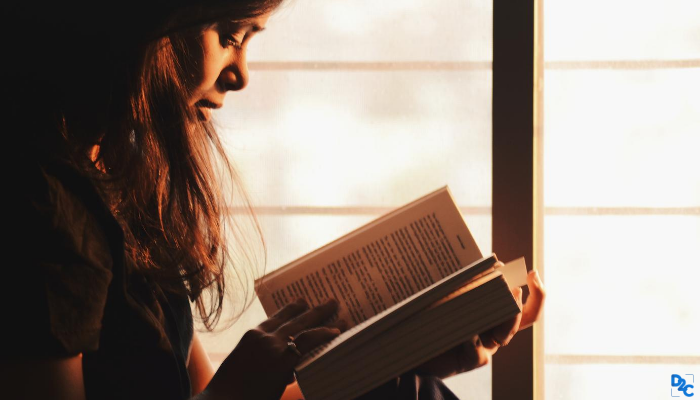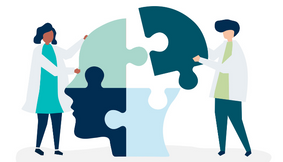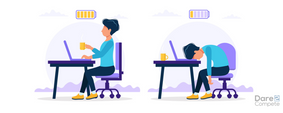The rising tide of online learning: Remember, you are what you read!

We all nodded our heads when we heard George R.R. Martin says that a reader lives a thousand times before he dies and the man who never reads lives only one. In the midst of chaos, it becomes a very subtle realisation that slowly and steadily, our entire existence and who we are relies on what we read.
Former US President Barack Obama, in an interview, revealed how books helped him figure out his identity. Writing made him think and sort through a lot of crosscurrents in his life - be it family, class, gender or race. Reading, for him, was comforting since the very beginning and gave him a sense of perspective.
Obama stressed that while on one hand, politics is trying its best to maintain the clash between different cultures, which is a direct result of globalisation, migration and the digital divide brought by technology, the role of stories, on the other hand, is to 'unify' rather than divide and 'engage' everyone as much as possible.
However, today as the world becomes more digital, it ushers in a rising tide of online learning that is meant to lift all boats of knowledge.
Exercise your brain cells - Read!
The way we connect with each other depends on our language, a uniquely human gift. Our knowledge is structured, block by block, via the most basic tool of communication. Isn't language central and most crucial to our experience of being human? Its function is paramount in constructing our mental lives and this pulls us all, one step forward, in acknowledging the very nature of humanity.
What we consume is directly proportional to who we become. When we read, the information and facts are ingested by our brain cells which then lay down the law on how we behave, what we think or say, act or decide, choose or enjoin. The screens of reality that we draw depend on our subconscious model already at work, dictating to us the mannerisms of the world.
A re-ordering of the education edifice
The education pattern seems to have changed forever and drastically because of the disarrangement caused by the novel coronavirus. Classrooms are increasingly held on digital platforms, online learning is seen as a convenient investment now, peer interaction is now possible via Google Meet and teaching is undertaken remotely. With this sudden shift, people are anxious if this change in the education sector shall continue to stay post-pandemic.
Now that social distancing has become the norm, and most of our lives hinged on online platforms, it is incumbent upon us to resort to online learning and training for sustained growth. The past is dead and the new ‘normal’ is digital, students who do have access to the Internet should make full use of it. Online learning on digital platforms becomes comparatively easy because everyone can read at their own pace, re-read in case of doubts, skip if they already know it and even accelerate through concepts that they decide to choose.
A study shows that students can retain a larger percentage of material when they resort to online learning as compared to the learnings in classrooms. However, nothing can totally replicate a physical class or lecture. But, it can be ensured that a structured environment is created, with the help of an array of tools and methods designed to make online learning fun and easier via technology.
Read and go places!
We all know how badly we crave to go on a trip, a weekend tour to the countryside or a Sunday brunch with our best friend. Each of our plans is on hold. The pandemic has surely unsettled and disrupted our entire wishlists. But hey? We can try something different – let us travel in our minds and go places. All we need to do is – READ!
Reading cannot be forced, else it loses its pulling power. It has to come to us naturally – the world of words enticing us to follow their trail. There is certainly a convulsive bounce from traditional schooling methods and rote learning to a more holistic approach towards critical thinking and adaptability. And this is where reading plays its part in making us a ‘critical thinker.’
We are never too late to filter what we spend time on. So, let us add a few classics, biographies and fiction in our bucket lists and declutter our online space from aimless browsing and social media feeds. Let us learn, grow and read more to draw a line and differentiate value from noise because there is just too much information overload and we lack the time to process and filter many things. Whatever we read or even skim through has an effect on the technique via which our brains analyse various actions.
“Reading fiction not only develops our imagination and creativity, it gives us the skills to be alone. It gives us the ability to feel empathy for the people we’ve never met, living lives we couldn’t possibly experience for ourselves, because the books put us inside the character’s skin.” – Ann Patchett
To learn more about online learning and virtual classes, you can also read -
Login to continue reading
And access exclusive content, personalized recommendations, and career-boosting opportunities.














Comments
Add comment